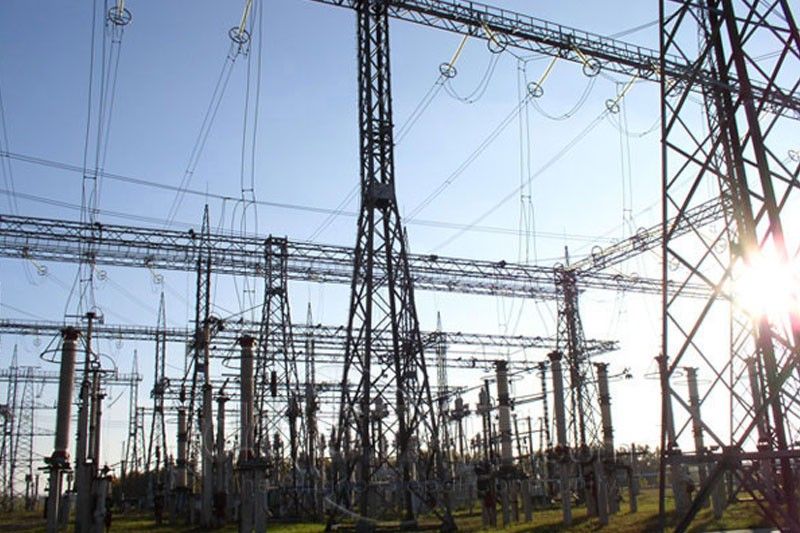PSALM says obligations down by a third to P342.6B since 2016

MANILA, Philippines — The state-run Power Sector Assets and Liabilities Management Corp. (PSALM) said Tuesday that its financial obligations are at P342.6 billion, down by more than a third from 2016.
In an emailed statement, PSALM reported that it was able to reduce its financial obligations by P195.4 billion from P538 billion when Rodrigo Duterte assumed the presidency.
PSALM President and CEO Irene Joy Besido Garcia said that they were able to promptly settle all of PSALM's payables which matured during Duterte's administration.
"Moreover, PSALM paid interest and borrowing costs amounting to P108.6 billion during the same period," the government-owned and controlled corporation added.
PSALM is a wholly-owned government entity which manages the privatization and sale of power generation assets which were formerly owned by the government.
The company has also assumed all outstanding obligations of the National Power Corp., including loans, bond issuances, securities and other instruments.
PSALM also collects universal charges (UC) for missionary electrification and environment and watershed rehabilitation and management, which are billed to electricity consumers every month.
Earlier this year, the Finance department instructed PSALM to disconnect Lanao del Sur Electric Cooperative, Inc. (Lasureco) from the grid and curtail the supply of power of Maguindanao Electric Cooperative, Inc. for their failure to settle outstanding debts of over P16 billion in total.
In a statement on June 8, the Department of Finance pointed to alleged financial mismangement and low collection efficiency in both electric cooperatives, which caused PSALM to borrow more to cover for the shortfall.
Since then, Lasureco vowed to settle the outstanding balance, according to the National Electrification Administration, and Magelco has submitted a plan to restructure their arrears.
On Tuesday, Garcia of PSALM noted that the biggest challenge they are facing right now is "the impact of the volatile exchange rate movement on its financial obligations" since part of their loans are dollar-denominated.
Two weeks ago, the Philippine peso fell to levels not seen in 16 years, marking the currency's worst performance at its closing since Nov. 21, 2005. A weak peso means higher prices in local currency for imported goods and services.
- Latest
- Trending





























